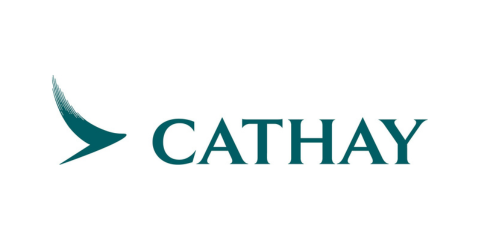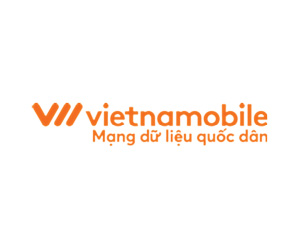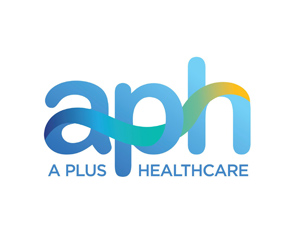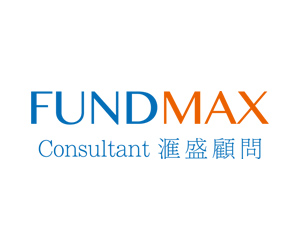Want to be in the loop?
subscribe to
our notification
Business News
FLEXIBLE STABILITY NEEDED TO ATTRACT FUNDING FOR PPP PROJECTS
The draft law on public-private partnership (PPP) is scheduled to be submitted to the National Assembly for approval at the 9th meeting in May 2020. The drafting agency and the appraising agency have hosted many meetings and discussions with investors and experts with the aim of perfecting the law to attract private participation in PPP projects.
Breakthrough, equality and flexibility
According to Dr. Vu Tien Loc, President of the Vietnam Chamber of Commerce and Industry (VCCI), the draft law on PPP is being compiled with a strong commitment of the Government to building an effective, stable and convenient legal and institutional environment for the implementation of PPP projects. Vietnam defined that infrastructure is one of three strategic breakthroughs in national development and PPP is considered an important instrument to promote infrastructure development.
Other than being limited to traditional fields such as traffic, energy and water supply, PPP projects are expected to be extended to the fields that make major breakthroughs in improving national competitiveness, labor productivity and people’s livelihoods such as information technology, railway, aviation, logistics, healthcare, environmental sanitation and education, he said.
Without breakthroughs in infrastructure development, human resources, and institutions, Vietnam could not keep up with the wave of trade and investment of the modern world. “We are in a competitive market for investment capital. If other countries have better laws and environment, they will attract more investors. Therefore, in order to compete for investment funds, the Construction Law must meet advanced standards and we must have breakthrough efforts,” said Dr. Loc.
Vietnam has experience in public investment management, but it is bogged down in this area. US$30 billion is locked to ministries, branches and localities and it cannot be disbursed because of procedural matters. “We should not let PPP confront procedural problems as well. Then, we will not be able to mobilize resources for development. In the current context - the world is reshaped, Vietnam has the opportunity to receive foreign investment flows and the Law on PPP must also be formulated with an innovative spirit,” he added.
Besides, Dr. Vu Tien Loc emphasized that the PPP legal system and contracts must ensure legal equality to all partners no matter who they are - the State or the private sector. Both benefits and risks must be shared.
The Law on Public Investment refers to the legal framework for long-term investment. We need stability, but flexible stability because rigidity is not suitable in the current changing world.
Investor support policy in focus
According to a representative from the American Chamber of Commerce in Vietnam (AmCham), the lack of clarity of current regulations and some contradictions in the draft PPP law with other regulations limit incentives for PPP investors. The drafting agency also needs to develop current regulations toward international standards to increase the magnetism of Vietnamese PPP projects to foreign investors. For example, providing a clear and consistent framework for PPP projects will help these projects benefit from the Viability Gap Fund (VGF), a financial assistance program for PPP projects, and ensure minimum revenue and risk-sharing measures.
Experts recommend supplementing regulations on bidding preferences for PPP project investors. Detailed incentives should be specified in decrees that instruct the implementation of the PPP Law. In particular, the draft law should not mandate the employment of domestic contractors or domestic subcontractors, but should allow the employment of both domestic and foreign suppliers at the wish of the investor. In addition, it is necessary to further streamline policies and guidelines concerning PPP projects, including regulations that will be issued after the enactment of the PPP Law to attract foreign investors seeking investment opportunities in infrastructure in Vietnam, focus on key factors such as availability and disbursement of VGF and credit support measures.
Mr. Oliver Massmann, General Director of Duane Morris Vietnam Law Firm, said that some outstanding issues are cumbersome administrative procedures and foreign currency balancing plans. According to the bill, the foreign currency balance plan is applied to only projects adopted by the National Assembly and the Prime Minister at a rate of 30%. As such, only large-scale energy projects are eligible. The government should expand the scope of projects eligible for foreign currency balancing to attract private investors.
Mr. Antoine Logeay from Audier & Partners Vietnam Law Firm said that the two thresholds of funding end-time in projects approved by the National Assembly or the Prime Minister - 12 months and 18 months - are too tight and rigid. Moreover, the bill has not specified how investors will be treated if they do not comply with the funding time frame. This must be clarified.
According to Mr. Dao Viet Dung, representative of the Asian Development Bank (ADB) in Vietnam, development funds must be set up to create a foundation for the implementation of PPP projects. The establishment of these funds must be conducted in a transparent process with monitoring tools. This fund is a financial source and also a guarantee for the funding diversification policy for PPP projects as the Government committed to investors.
Source: VCCI
Related News

VIETNAM’S GDP TO GROW 5.5% THIS YEAR – WB
This forecast is based on the assumption of a moderate recovery in manufacturing exports in 2024, fueled by rebound growth of 8.5% year-on-year in the fourth quarter of 2023 and 17.2% year-on-year in the first quarter of 2024, reflecting strengthening global demand, said Dorsati Madani, senior country economist at the WB in Vietnam.

FARE REFUND FOR VISA REJECTION
Cathay Pacific will offer full refunds for cases of visa rejection to provide you with the confidence to explore the world with ease. If you are planning to fly to a destination that requires an entry visa, you can now book with greater peace of mind.

FOUR COMMODITIES POST Q1 EXPORT VALUE OF OVER 5 BILLION USD
The total export turnover of agricultural, forestry, and fisheries products in the first three months of 2024 is estimated to reach 13.53 billion USD, an increase of 21.8% compared to the same period of 2023.

MOIT PROPOSES SCHEME TO BOOST RENEWABLE ENERGY PROCUREMENT
The proposed Direct Power Purchase Agreement (DDPA) mechanism, outlined in the draft decree, targets organisations and individuals consuming electricity from the 22kV power grid or higher, with a monthly consumption averaging 500,000kWh. However, residential households are excluded from direct procurement.

REAL ESTATE BONDS PLACE PRESSURE ON ISSUING FIRMS
The ministry’s recent report underscores concerns within Vietnam’s corporate bond market for 2023 and 2024. It emphasizes the critical need to address hindrances to the real estate sector in line with the objectives provided in Government Resolution No. 33/NQ-CP, which aims to stabilize the industry.

DA NANG CUSTOMS FOCUSES ON DEVELOPING CUSTOMS-BUSINESS PARTNERSHIPS
Da Nang Customs Department issued an action plan for developing customs-business partnership in 2024. One of the new events this year is the workshop on “Settlement reports for enterprises engaged in outsourcing, export production and export processing” held in Da Nang Customs Department on April 16, 2024.

































